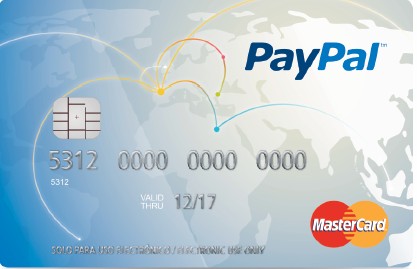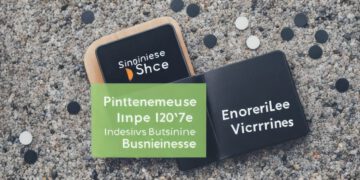The launch of this rechargeable prepaid card is another proposal of PayPal, in its desire to facilitate payments anywhere, at any time and in the way that is most suitable for each person. With it, he wants to make it easier to plan the budget and that people can decide when and how much they want to recharge, so that only the amount that has been charged can be spent,” the company writes in a statement. Among its most outstanding features are that it does not require linking to a bank account and that its ways of recharging are varied for the convenience of the user: online (both with PayPal and with debit or credit card), by bank transfer, in 12,800 points of sale (kiosks, tobacconists, announcers, etc.) or in the 4B ATM network. Likewise, it also allows the withdrawal of cash at any ATM.
“This prepaid card will be very useful for anyone who wants to have more control over their expenses and who wants, for example, to allocate a certain budget for leisure or shopping. It is also ideal, for example, for those who must spend a stay abroad, as is the case of students, and thus avoid the cumbersome procedures of opening a bank account in another country,” says Estanis Martín de Nicolás, director of PayPal for Spain and Portugal.
The PayPal prepaid card can be ordered via the Internet at www.paypal-prepago.es by filling out a form with personal data and, in a few days, the user will receive this nominative card at home. Soon, an anonymous prepaid card modality will also be available, which can also be requested online, or purchased at one of the 12,800 physical points of sale and recharge (kiosks, tobacconists, announcers, etc.).
The cost of the PayPal prepaid card is 5 euros and you can have a maximum balance of 10,000 euros at any time, while the recharges accumulated in a year have a limit of 20,000 euros. Likewise, the maximum amount per recharge is 1,500 euros, except at points of sale, where the maximum recharge amount is 150 euros per transaction and 300 euros per day.
The PayPal prepaid card is issued and managed by YoUnique Money EDE, the first electronic money entity in Spain.








